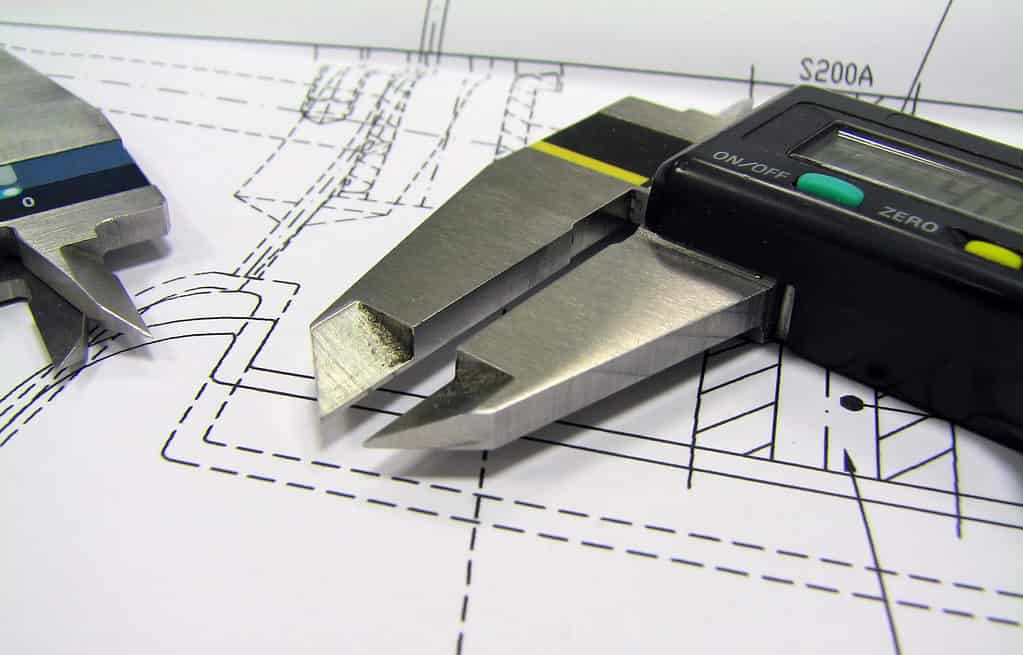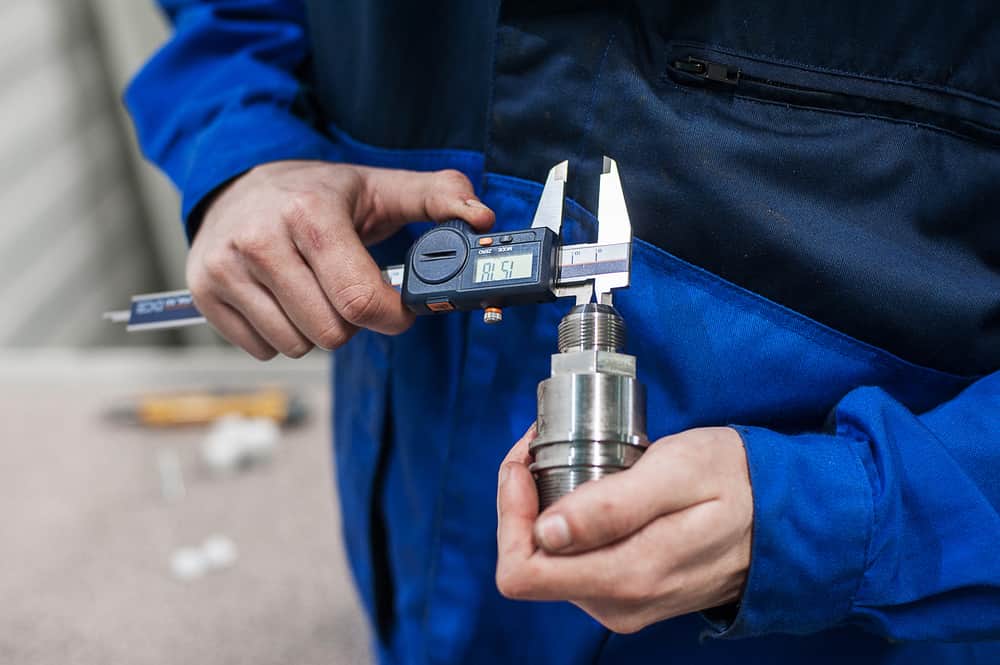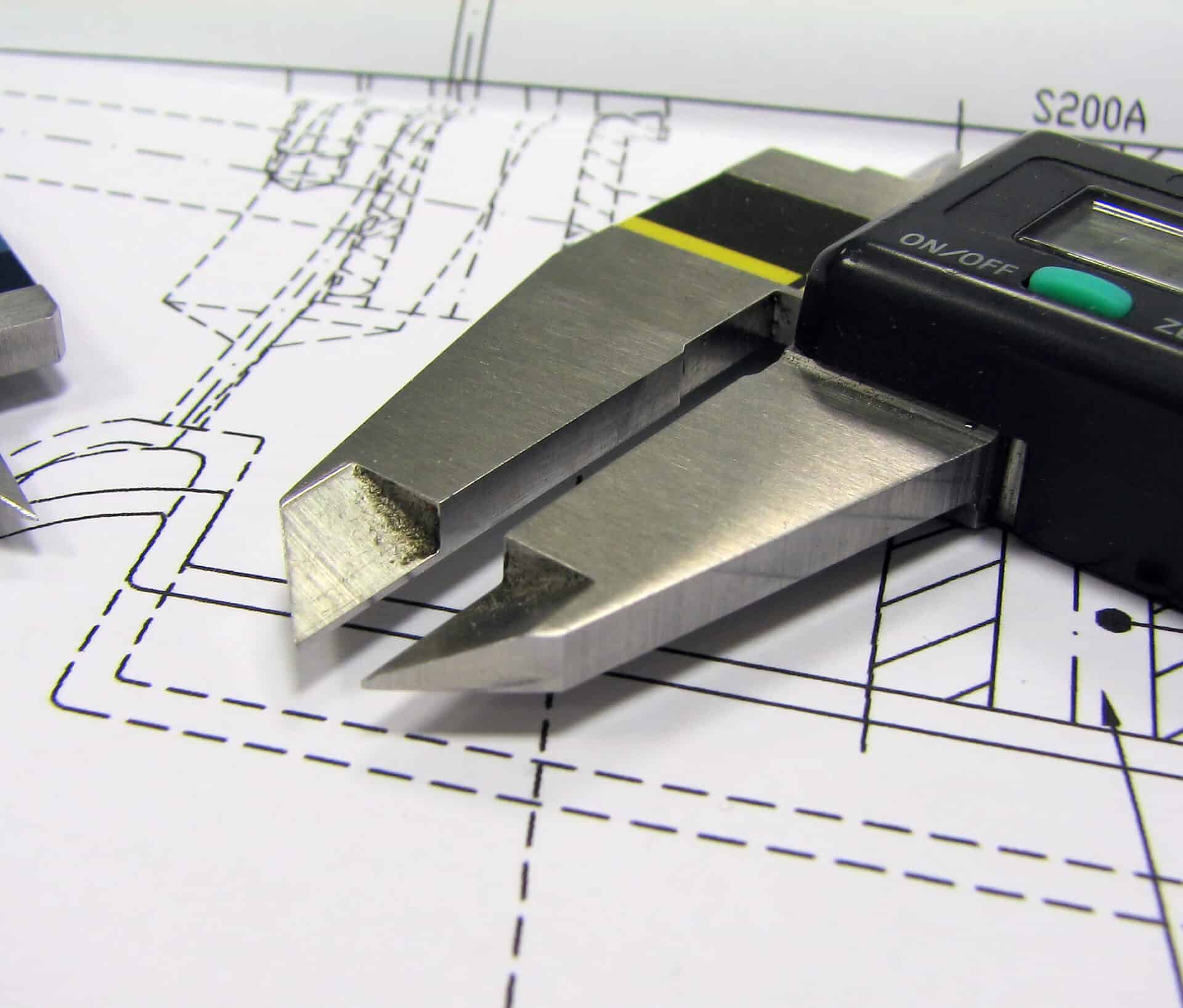
QC Training Services, Inc. has offered fundamentals of testing and calibration training since the early stages of being in the training business. Testing and Calibration are unique fields of metrology that are critical to day-to-day operations of manufacturing organizations, as well other businesses that provide goods and services. Consumable goods as well as many other products are priced according to their weight. And that weight is likely determined on a weighing scale tested and certified by a trained state or local inspector that works for an accredited laboratory. Good measurements play a significant role in our world, either thru legal metrology, physical metrology or dimensional metrology.









